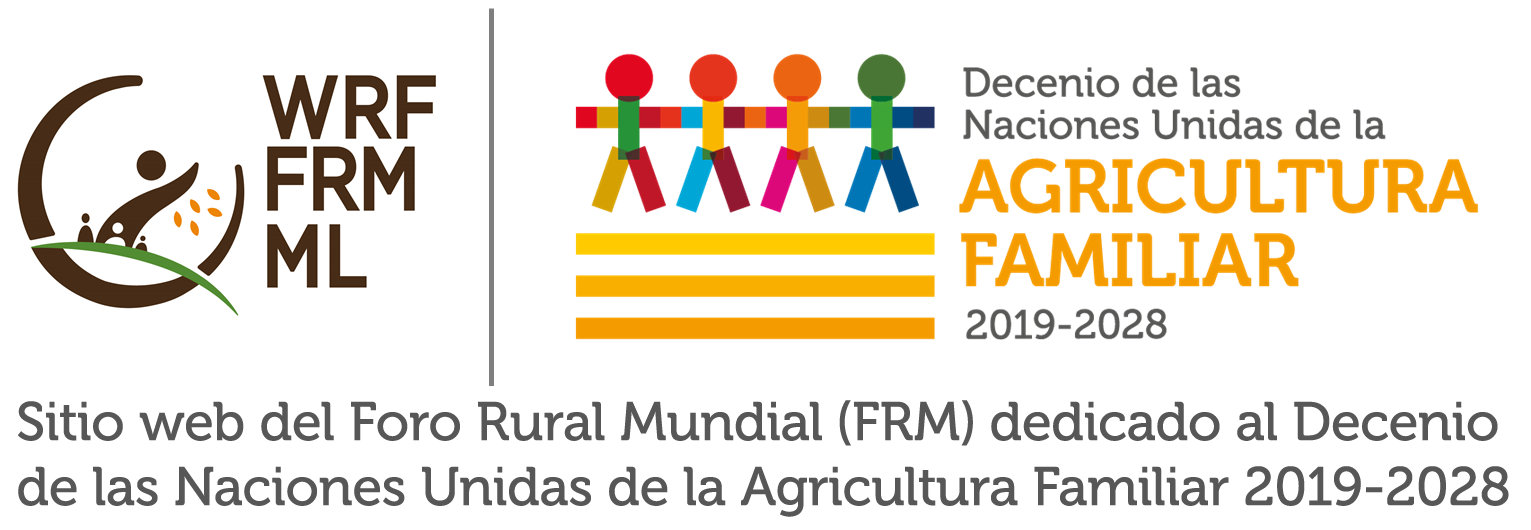“The higher the degree of association, the greater farmers’ response capacities”.
By Lorenzo Ramos Silva. Secretary-General, Unión de Pequeños Agricultores y Ganaderos (UPA). Spain.
Family farming enterprises are facing a highly difficult situation. The low return on agricultural activities is the main obstacle to the generational handover of family farms – a process which could and should be more natural. The organisation of farmers and cattle breeders into co-operatives has been demonstrated to improve profitability and benefit their entire area.
Over 80% of agricultural enterprises in Spain are family farms. The family model ensures production of quality food, respecting at the same time the environment, maintaining village life and providing a territorial backbone. This is what we Spanish farmers and cattle breeders believe and what we communicate to governments at all levels. However, we have to face numerous and complex problems. Many areas in Spain have geographical characteristics which render farming difficult. Moreover, the type of land ownership results in a high level of fragmentation which constitutes an obstacle to economic viability.
 The depopulation and ageing of rural society are a direct consequence of the lack of a clear future for our young village people. The increase in production costs and low prices which farmers receive from commercial or industrial intermediaries discourage many young people from remaining to live in the village and believe in the continued existence of the family farm.
The depopulation and ageing of rural society are a direct consequence of the lack of a clear future for our young village people. The increase in production costs and low prices which farmers receive from commercial or industrial intermediaries discourage many young people from remaining to live in the village and believe in the continued existence of the family farm.
According to my own experience and that of the organisation I represent, the Unión de Pequeños Agricultores y Ganaderos (UPA) -the union of small farmers and cattle breeders- family farming must rely on co-operatives as a tool for the future. The higher the degree of association, the greater farmers’ response capacities in the face of the fluctuations of the liberalised world market.
The more united and co-ordinated we are, the more we will be protected from annual harvest fluctuations, price movements and the emergence of new production units whose low costs make them highly competitive. The farming association model with the greatest possibility of achieving this aim is the agricultural co-operative.
Any product or sector co-operative should incorporate mechanisms which are capable of facing changes in consumer taste, indiscriminate drops in prices of origin, excessive supply controls, adoption of new production techniques, quality improvements and can offer protection against the entry of products from third countries.
We must demand –and we in UPA do so– that administrations promote the creation of co-operatives, but we must also take care that these do not lose their social character and just become mere marketing enterprises. In the same way that agricultural policy is called upon to put the producer ahead of the product, the co-operative must be requested to prioritise its social character, not to lose sight of the farmers and especially of family farming. In the contrary case, there will be no difference between a co-operative and a private marketing enterprise.
It is amply demonstrated that strength comes from unity and we farmers and cattle breeders greatly need strength, above all when selling our produce.
* This is one of a series of articles by notable authors that, with the support of the International Land Coalition, will be published in the coming months on various relevant issues related to Family Farming.


![remolacha_azucarera[1]](https://www.familyfarmingcampaign.org/wp-content/uploads/2019/11/remolacha_azucarera1.jpg)